Attracting qualified candidates is a huge opportunity but also a challenge for many small business owners. Hiring the wrong candidate can be a costly burden on employers. Even when a great candidate is discovered and agrees to join your team, there are additional steps employers should take to avoid problems down the road.
A resume does not replace an employment application
Always have all new employees complete an application for employment if they did not do so during the application process. Most resumes provide incomplete if not inaccurate information about an applicant’s work experience and related qualifications. Applications, on the other hand, because they require very specific information, should provide a much more complete and accurate set of information. Moreover, a proper application includes acknowledgments of truthfulness and accuracy, and thus an incomplete or inaccurate application can be a basis for immediate dismissal, for falsification of information.
Be clear about annualized salaries
When creating an offer letter, it is important not to list salary as an annualized amount. Listing salary as an annualized amount instead of a per pay period or hourly amount could imply that employees would receive that entire annual amount, even if they terminated prior to working a full year. If you desire to still include the annualized amount, you can say, “Your salary will be $XXX per pay period, which equates to $YYY annually.”
Create paid time off and leave of absence policies
Employees frequently assume paid time off and leave benefits are the same across all employers. Paid time off and leave of absence policies can vary based on company size, state laws and/or individual company practice. Establish a paid time off and leave policy and communicate it to your employees. This will reduce confusion when an employee needs to take time off and help prevent discriminatory practices by providing guidelines in advance.
Hire for motivation and culture, too
When adding talent to your team, it’s important to screen not only for the right experience and skills, but also for motivational and cultural fit. An easy way to do this is to ask the candidate what position, manager or company they enjoyed most, and why (or alternatively, which they enjoyed least, and why). The responses you get will provide insight that can help you assess the candidate’s likelihood of smooth integration into your company, your management style and their (future) role with the team.
 Debra Squyres is Executive Director, Human Capital Services at TriNet (NYSE: TNET), a strategic partner to small businesses for payroll, HR, benefits, and employment law compliance and risk reduction. TriNet allows small businesses to regain their focus on business.
Debra Squyres is Executive Director, Human Capital Services at TriNet (NYSE: TNET), a strategic partner to small businesses for payroll, HR, benefits, and employment law compliance and risk reduction. TriNet allows small businesses to regain their focus on business.

























